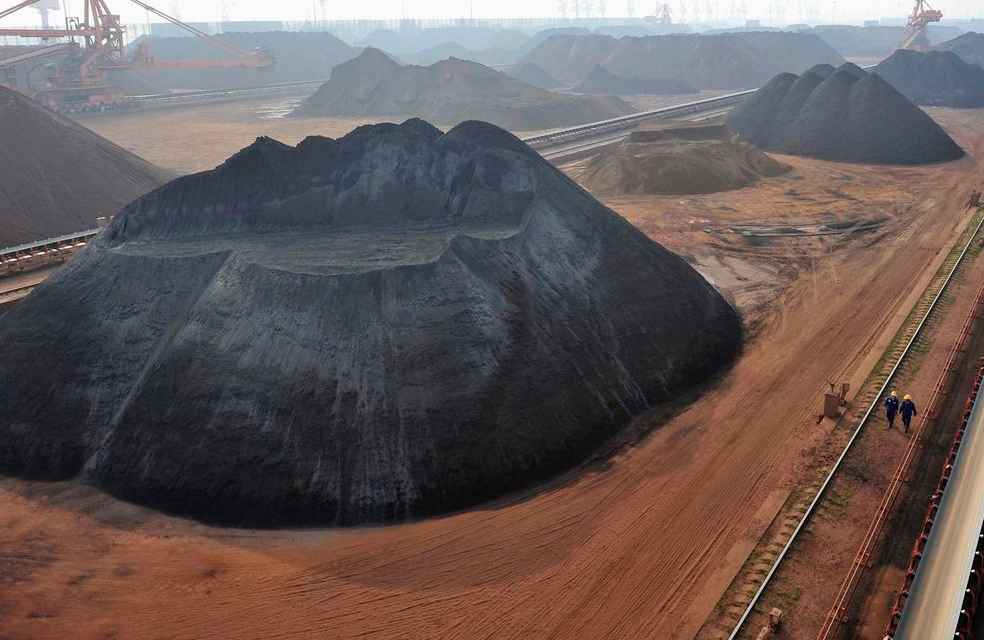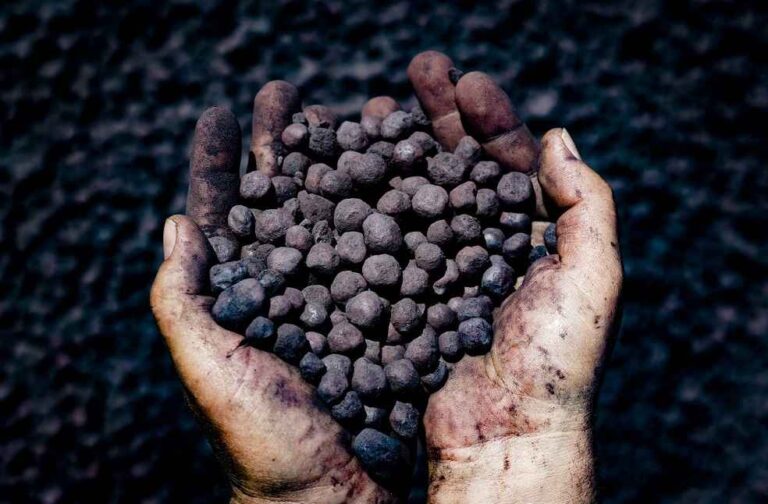The trajectory of iron ore exports from Brazil has ushered in a fresh breath of vitality to the global dry bulk market, showcasing an upward trend in 2023 according to industry narratives. The robust stance of the Brazilian iron ore market has engendered a sense of optimism among market enthusiasts and stakeholders.
Shipbroker Banchero Costa, in its latest weekly synopsis, underscored a palpable increase in global iron ore trade this year. Between January and August 2023, the global loadings of iron ore climbed by 4.0% year-on-year to 1,028.8 million tonnes from 988.9 million tonnes during the corresponding period in 2022, based on Refinitiv vessel tracking data. Remarkably, this figure eclipses the previous high of 1,020.9 million tonnes recorded during the same timeframe in 2021.
Scrutinizing the performance across nations, Australia led the export rally with a 2.5% y-o-y surge in iron ore exports to 598.9 million tonnes, scripting a new pinnacle. Contrarily, South Africa witnessed a dip of 4.3% y-o-y to 36.6 million tonnes within the stipulated period. Canada and India, on the other hand, observed a growth of 4.3% y-o-y to 34.2 million tonnes and an impressive 67.7% y-o-y increment to 22.8 million tonnes respectively.

The report further shed light on a mixed tableau of iron ore demand across the globe. Mainland China emerged as the chief consumer, with imports skyrocketing by 7.9% y-o-y to 759.7 million tonnes. Yet, a contrasting landscape unfolded in the European Union, Japan, and South Korea. Imports to these territories dwindled, marking a 15.8% y-o-y decline to 46.9 million tonnes in the EU, an 8.6% y-o-y reduction to 57.8 million tonnes in Japan, and an 11.1% y-o-y decrease to 43.8 million tonnes in South Korea.
Positioned as the second-largest exporter of iron ore globally, trailing only Australia, Brazil has demonstrated substantial strides towards reclaiming its crucial role in the global iron ore supply chain. In 2022, Brazil was the conduit for 22.4% of global iron ore shipments, a stark contrast to Australia’s towering 59.0%. South Africa secured the third spot, albeit with a modest 3.5% share.
Reflecting on Brazil’s iron ore exportation narrative, 2021 saw Brazil dispatching 346.9 million tonnes of iron ore, a 3.8% ascent year-on-year from the preceding year. Although this figure surpassed the lows of 2020 and 2019, it lingered behind the high export volumes chronicled in 2018 and 2017. Yet, 2022 bore witness to a slight contraction due to supply and logistical hurdles, as exports receded by 2.1% y-o-y to 339.7 million tonnes.

Banchero Costa’s dossier presents a concoction of optimism and challenges, heralding Brazil’s re-entry on the iron ore stage as a pivotal advancement. With global demand for iron ore diversifying and China spearheading the consumption chart, anticipation brews on how Brazil along with other exporting nations will steer through the intricate demand-supply dynamics to sustain a steady supply chain.
GLOBAL ROUNDUP | India Clarifies Rice Export Ban at WTO Amid Global Food Concerns



